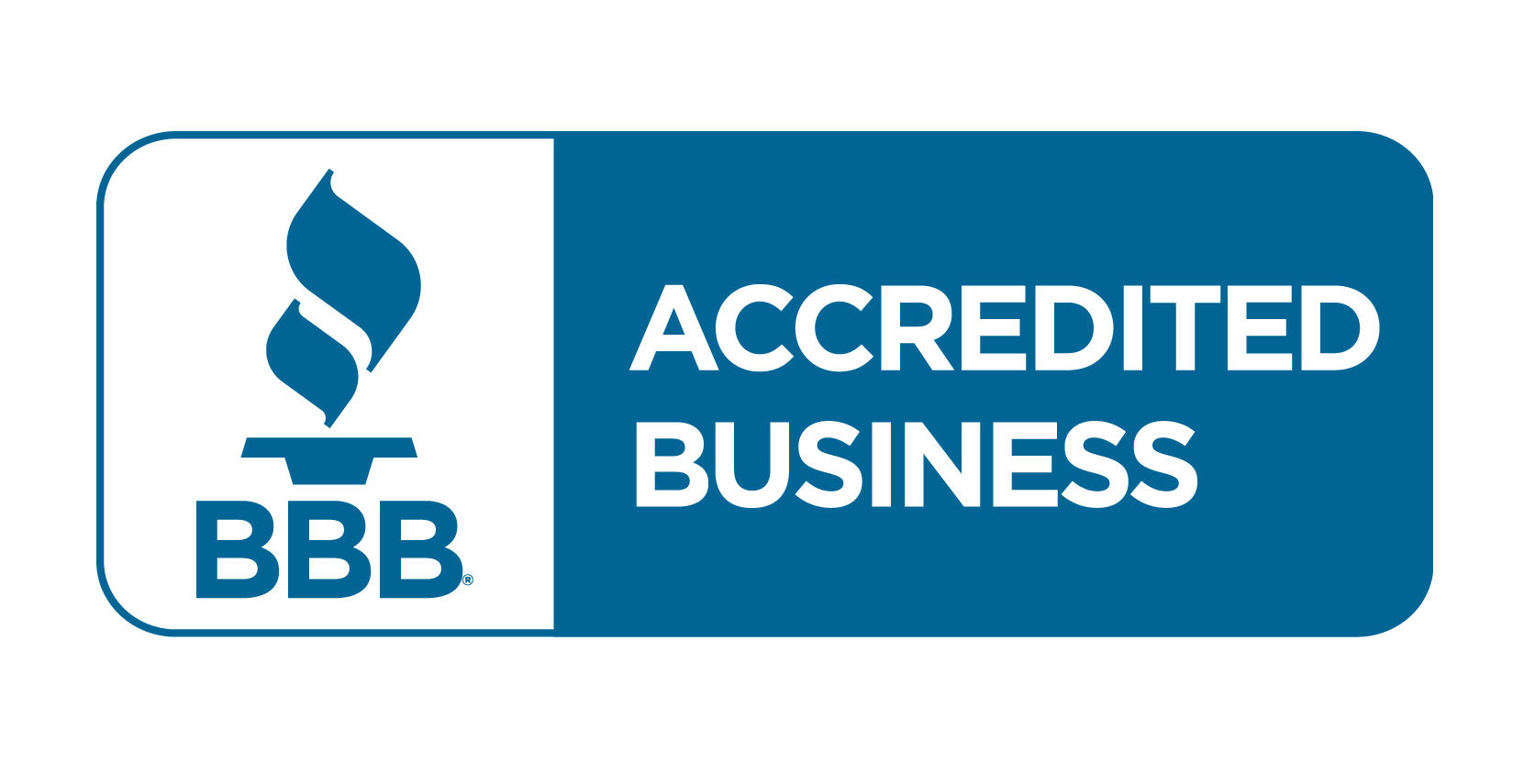Many seniors approaching retirement face the challenging decision between Medicare supplement plans and Medicare Advantage plans. Your choice can significantly impact your healthcare coverage and out-of-pocket expenses during retirement. When you're weighing these options, understanding their key differences becomes vital for making an informed decision that aligns with your healthcare needs and budget. This guide will help you navigate through the features, benefits, and limitations of both plans, ensuring you select the coverage that best suits your lifestyle and medical requirements.
Key Takeaways:
Medicare supplement plans offer greater flexibility in choosing healthcare providers and have standardized benefits across most states, while Medicare Advantage plans typically restrict you to a specific network.
While supplement plans often have higher monthly premiums but lower out-of-pocket costs, Advantage plans generally feature lower premiums but variable copays and deductibles.
Your decision between the two should be based on your health needs, budget, preferred doctors, and whether you want additional benefits like dental and vision coverage that come with many Advantage plans.
Medicare Atlanta 12461 Veterans Memorial Hwy, Douglasville, GA 30134, United States
Understanding Medicare Supplement Plans
Before you make any decisions about your Medicare coverage, it's vital to understand how Medicare supplement plans work. These plans, also known as Medigap policies, are designed to fill the gaps in Original Medicare (Parts A and B) coverage. You can purchase these standardized plans through private insurance companies to help cover your out-of-pocket costs, including deductibles, copayments, and coinsurance.
Overview of Coverage
On a basic level, your Medicare supplement plan works alongside Original Medicare to provide more comprehensive coverage. When you visit a healthcare provider who accepts Medicare, your Original Medicare pays its share first, then your supplement plan pays its portion of the remaining costs. You'll find that these plans are standardized across most states, with Plan G and Plan N being among the most popular choices in 2023.
Key Benefits and Limitations
For many beneficiaries, the primary advantage of Medicare supplement plans lies in their predictability and flexibility. You can visit any doctor or hospital that accepts Medicare without network restrictions, and your coverage travels with you across all 50 states. With most supplement plans, you'll pay a monthly premium but face few, if any, out-of-pocket costs for covered services.
A significant feature of Medicare supplement plans is their guaranteed renewability, meaning your coverage cannot be canceled as long as you pay your premiums. You should note that these plans don't include prescription drug coverage, so you'll need to enroll in a separate Medicare Part D plan. Additionally, while the initial costs might be higher than some alternatives, the long-term predictability of expenses makes these plans particularly attractive for those who frequently use medical services.
Exploring Medicare Advantage Plans
Overview of Coverage
Along with Original Medicare benefits, Medicare Advantage plans bundle your Part A and Part B coverage into one comprehensive package offered by private insurance companies. These plans frequently include additional benefits like prescription drug coverage (Part D), dental, vision, and hearing services that Original Medicare doesn't cover. When you choose a Medicare Advantage plan, you'll still need to pay your Part B premium, but many plans offer $0 or low monthly premiums while providing all-in-one coverage solutions.
Key Benefits and Limitations
Above the standard Medicare benefits, your Medicare Advantage plan may offer extra perks such as fitness memberships, transportation to medical appointments, and over-the-counter allowances. These plans often feature predictable copayments and annual out-of-pocket maximums, which can help you better manage your healthcare expenses. According to recent data, about 48% of eligible Medicare beneficiaries are now choosing Medicare supplement plans or Medicare Advantage plans for their coverage needs.
Limitations include network restrictions that require you to use specific doctors and hospitals within the plan's network to get the lowest costs. Most Medicare Advantage plans operate as HMOs or PPOs, meaning you'll need referrals to see specialists and may face higher costs for out-of-network care. Your out-of-pocket costs can vary depending on the services you use and how often you need medical care.
Key Differences Between Supplement and Advantage Plans
Despite both being Medicare-related coverage options, Medicare supplement plans and Advantage plans operate quite differently in how they complement your Original Medicare benefits. While supplement plans work alongside Original Medicare, Advantage plans replace it entirely, offering a different approach to your healthcare coverage.
Coverage Scope
Above all, you'll find that supplement plans fill the gaps in your Original Medicare coverage, covering deductibles, copayments, and coinsurance. These plans typically offer nationwide coverage, allowing you to see any healthcare provider who accepts Medicare. In contrast, Medicare Advantage plans often restrict you to specific networks of providers in your local area, though they may include additional benefits like dental, vision, and prescription drug coverage.
Cost Structure
An important distinction lies in how you'll pay for these plans. With supplement plans, you'll generally have higher monthly premiums but lower out-of-pocket costs when you receive care. Medicare Advantage plans typically feature lower monthly premiums, sometimes as low as $0, but require you to pay more in copayments and coinsurance when you use services.
With supplement plans, you can expect to pay premiums ranging from $50 to $300 monthly, depending on your plan choice and location. These costs remain predictable throughout the year, making it easier for you to budget your healthcare expenses. Additionally, some supplement plans can cover up to 100% of Medicare-approved costs, potentially saving you thousands in out-of-pocket expenses during major health events.
Enrollment and Eligibility Considerations
Once again, your path to Medicare coverage requires careful attention to timing and qualification requirements. When deciding between a Medicare supplement plan and an Advantage plan, you'll need to understand the distinct enrollment windows and eligibility rules that apply to each option. Both plans have specific timeframes when you can enroll or make changes to your coverage, and missing these windows could result in penalties or limited options.
Enrollment Periods
The Initial Enrollment Period (IEP) for Medicare begins three months before your 65th birthday month and extends three months after. During this seven-month window, you can enroll in Original Medicare and choose either a Medicare Supplement or Advantage plan. If you select a Medicare Supplement plan, your Medigap Open Enrollment Period lasts for six months starting from when you're both 65 and enrolled in Medicare Part B.
Eligibility Criteria
Eligibility for both Medicare Supplement and Advantage plans first requires enrollment in Original Medicare Parts A and B. For Medicare Supplement plans, you have guaranteed issue rights during your Medigap Open Enrollment Period, meaning insurance companies can't deny you coverage or charge more based on your health conditions. With Medicare Advantage plans, you must live within the plan's service area and continue paying your Part B premium.
At the most basic level, your eligibility for either plan type depends on your Medicare status and residence. You can't have both a Medicare Supplement and an Advantage plan simultaneously, and if you're under 65 with Medicare due to disability, your Medicare Supplement options may be limited depending on your state's regulations.
Personal Health Needs and Considerations
Now, selecting between Medicare supplement plans and Advantage plans requires careful evaluation of your unique healthcare situation. Your current health status, lifestyle preferences, and anticipated medical needs play vital roles in determining which coverage option will serve you best. When making this decision, consider factors such as your regular medications, frequency of doctor visits, and any chronic conditions that require ongoing care.
Assessing Your Healthcare Needs
Considerations for your healthcare needs should start with an honest assessment of your medical history and current health status. If you frequently travel, need to see specialists, or have specific health conditions, a Medicare supplement plan might offer the flexibility you need. Studies show that approximately 34% of Medicare beneficiaries choose supplement plans specifically for their ability to see any doctor who accepts Medicare without referrals.
Evaluating Your Financial Situation
Against your healthcare needs, you'll want to weigh your financial capabilities and preferences. While Medicare Advantage plans often have lower monthly premiums, they can result in higher out-of-pocket costs when services are used. Your budget for monthly premiums versus potential out-of-pocket expenses should guide your decision between these options.
It's worth noting that Medicare supplement plans typically have higher monthly premiums but provide more predictable costs throughout the year. According to recent data, the average Medicare supplement plan premium ranges from $150 to $200 per month, while Advantage plans might have premiums as low as $0 but require copayments and coinsurance for services.
Making an Informed Decision
Your choice between Medicare supplement plans and Advantage plans will significantly impact your healthcare experience and financial well-being. The decision requires careful consideration of your health needs, budget, and lifestyle preferences. You'll want to evaluate factors such as your current health status, preferred doctors, travel habits, and financial resources to make the best choice.
Pros and Cons of Each Plan
At the core of your decision-making process, understanding the advantages and disadvantages of each option will help you make a well-informed choice.
Supplement Plans Advantage Plans
Higher monthly premiums Lower or zero monthly premiums
Nationwide coverage Network-restricted coverage
No referrals needed May require referrals
Predictable costs Variable out-of-pocket costs
No extra benefits Additional benefits like dental/vision
No network restrictions Limited provider networks
Easy to budget Potential for unexpected costs
Seeking Professional Guidance
Before making your final decision, consulting with a licensed Medicare advisor can provide valuable insights into the nuances of each plan type. You'll benefit from their expertise in matching your specific needs with the most suitable coverage options.
Indeed, professional guidance can help you navigate the complexities of Medicare choices, ensuring you understand the long-term implications of your decision. Your advisor can explain how different plans work in your local area, provide up-to-date information about plan changes, and help you evaluate the total costs based on your healthcare usage patterns.
Conclusion
Ultimately, your choice between a Medicare supplement plan and a Medicare Advantage plan depends on your personal healthcare needs, budget, and lifestyle preferences. While supplement plans offer greater flexibility and predictable costs with higher monthly premiums, Advantage plans can provide additional benefits at lower upfront costs but with network restrictions.
Before making your decision, you should carefully evaluate your current health status, financial situation, and preferred healthcare providers. If you value the freedom to see any Medicare-accepting doctor without network constraints and can afford higher monthly premiums, a supplement plan might be your best choice. However, if you're comfortable with managed care and want extra benefits like dental and vision coverage, an Advantage plan could better suit your needs.
Medicare Atlanta 12461 Veterans Memorial Hwy, Douglasville, GA 30134, United States
FAQ
Q: What is the main difference between Medicare Supplement Plans and Medicare Advantage Plans?
A: Medicare Supplement Plans work alongside Original Medicare to cover out-of-pocket costs like deductibles and copayments. Medicare Advantage Plans, on the other hand, replace Original Medicare entirely and often include additional benefits like dental and vision coverage, but typically restrict you to a specific network of providers.
Q: How do the costs compare between Supplement and Advantage Plans?
A: Medicare Supplement Plans usually have higher monthly premiums but lower out-of-pocket costs when you receive care. You'll pay more upfront but have predictable expenses. Medicare Advantage Plans often have lower or zero monthly premiums, but you'll pay copayments and coinsurance when accessing services, which can add up if you frequently need medical care.
Q: Which plan offers more flexibility in choosing healthcare providers?
A: Medicare Supplement Plans offer greater flexibility as they allow you to see any provider who accepts Medicare nationwide. There's no network restriction. Medicare Advantage Plans typically limit you to providers within their network, and going out-of-network can result in higher costs or no coverage, except in emergencies.
Medicare Atlanta 12461 Veterans Memorial Hwy, Douglasville, GA 30134, United States







